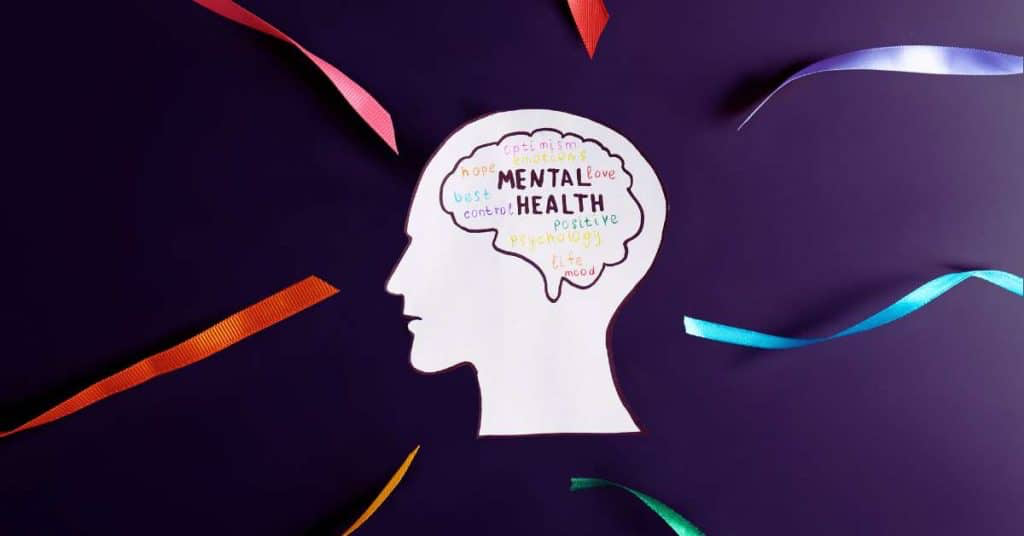Now Reading: Mental Health Apps See Uptake in Small Towns: Real Change or Trend?
-
01
Mental Health Apps See Uptake in Small Towns: Real Change or Trend?
Mental Health Apps See Uptake in Small Towns: Real Change or Trend?

Mental health apps are gaining ground in India’s small towns, marking a shift in how mental wellness is being perceived beyond metro cities. With more youth and working professionals from Tier-2 and Tier-3 areas downloading these digital tools, the question arises—are we witnessing a real change in attitudes towards mental health, or is this growth just a passing tech trend?
Rise of Mental Health Awareness in Small Towns
Until recently, mental health was a topic often pushed aside in semi-urban and rural India. However, increased smartphone penetration, better internet access, and pandemic-era digital learning have opened up new conversations—even around topics once considered taboo.
Mental health apps offering meditation, therapy chats, or self-care tracking are now being downloaded more frequently by users in cities like Nagpur, Bhopal, Kanpur, and Ranchi.
Why the Uptake?
Several factors are driving the growth. First, the anonymity these apps offer makes them attractive in towns where social stigma around mental health still exists. Second, many of these apps are low-cost or freemium, making them accessible to students and entry-level workers.
Moreover, growing academic pressure, job uncertainty, and social isolation—especially post-COVID—have pushed young people to seek support, even if through their phones.
Are They Effective?
While these apps are useful for stress management, mindfulness, and habit-building, mental health experts caution against viewing them as replacements for professional therapy. For users in Tier-2 cities with limited access to trained therapists, these apps are a good first step—but not a complete solution.
There is also the challenge of app fatigue, where users drop off after a few weeks, raising questions about long-term impact.
Changing Attitudes or Digital Trend?
The growing interest in digital mental health solutions does indicate progress. Schools and colleges in smaller towns are also slowly beginning to acknowledge the importance of mental wellness, offering workshops and counseling.
However, whether this trend reflects a true cultural shift or just a short-lived tech curiosity remains to be seen. Sustained impact would require greater awareness, institutional support, and destigmatization efforts.
Conclusion
The popularity of mental health apps in India’s smaller towns is an encouraging sign, but one that needs deeper engagement to result in lasting change. As technology bridges the access gap, it also highlights the need for a more inclusive, consistent approach to mental well-being—one that works both online and offline.

























